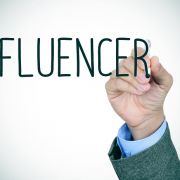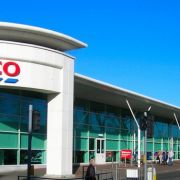Reach is vanity, engagement is sanity, PR is hard graft
There is an old cliché in business which states turnover is vanity, engagement is sanity. In this digitally disrupted age (where anyone can be a publisher and influencers are more likely to look like Zoella than Murdoch), it’s exactly the same in PR. We just need to replace “turnover” with “reach” and “profit” with “engagement”.
As content producers, it’s never been easier to earn “eyeballs” on a project – you simply throw a little cash at social media and the traffic floods in. But in this hyper-engaged, social environment, the value of any content deemed “unauthentic” by a content-saturated audience – is either going to bounce (meaning readers are going to bounce in and bounce straight back off) or be trolled (attacked).
There can be little doubt – PR is hard graft and despite the promises of social media, it’s getting tougher.
Adam Mack, EMEA chief strategy officer at Weber Shandwick hit the nail on the head perfectly in an article in PR Week by stating: “Reach is a hygiene factor, engagement is the Grail.”
In his article, Adam highlights the fact that becoming a “credible” influencer is incredibly hard work. He references a presentation made by the former glamour model Katie Price (aka Jordon) at the recent Festival of Marketing event and how she changed his perception of her from “talentless celebrity” to someone who has “worked very, very hard for her influence.”
Adam also praises sportswear company Adidas for their innovative Tango Squads initiative.
Tango Squads are groups of socially savvy 16-19-year-old football content creators living in 15 cities worldwide. While the squads are between 100 and 250 people, Adidas hopes to reach a maximum of 500 members per squad by 2017.
If you think it’s difficult enough to manage your campaign activities across a handful of high-profile influencers, think about the challenges of working with 5,000+ teenagers.
How hard are you working on your influencer marketing strategy? Chances are, not hard enough.


